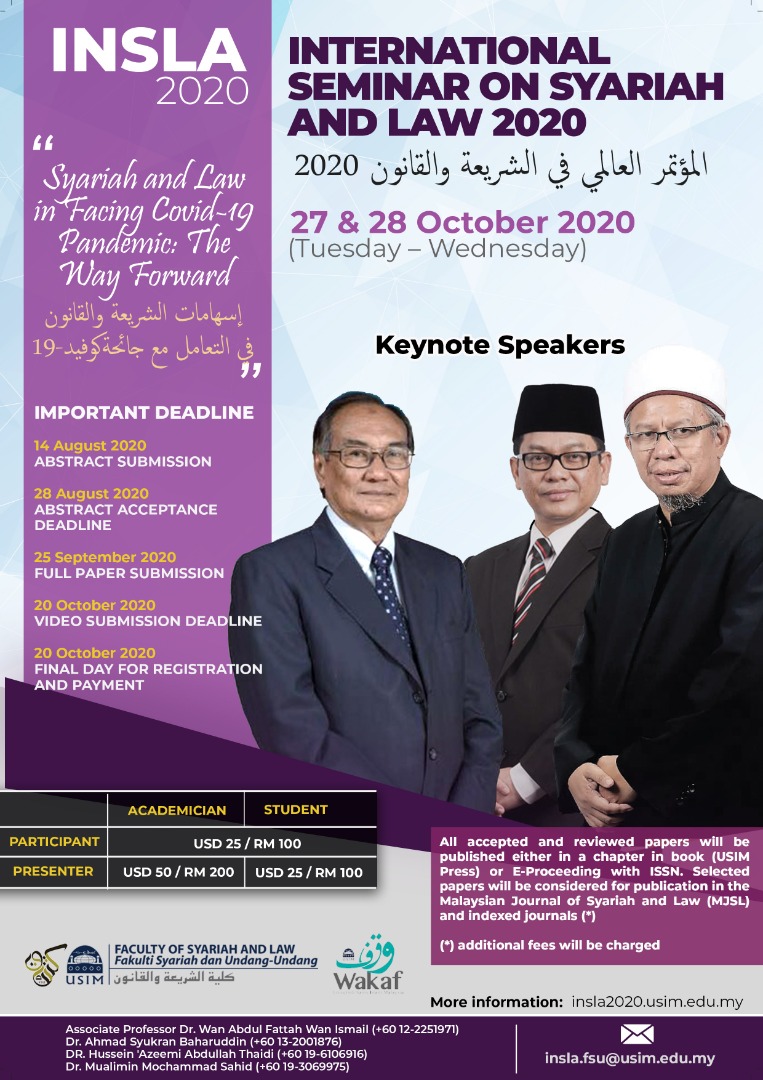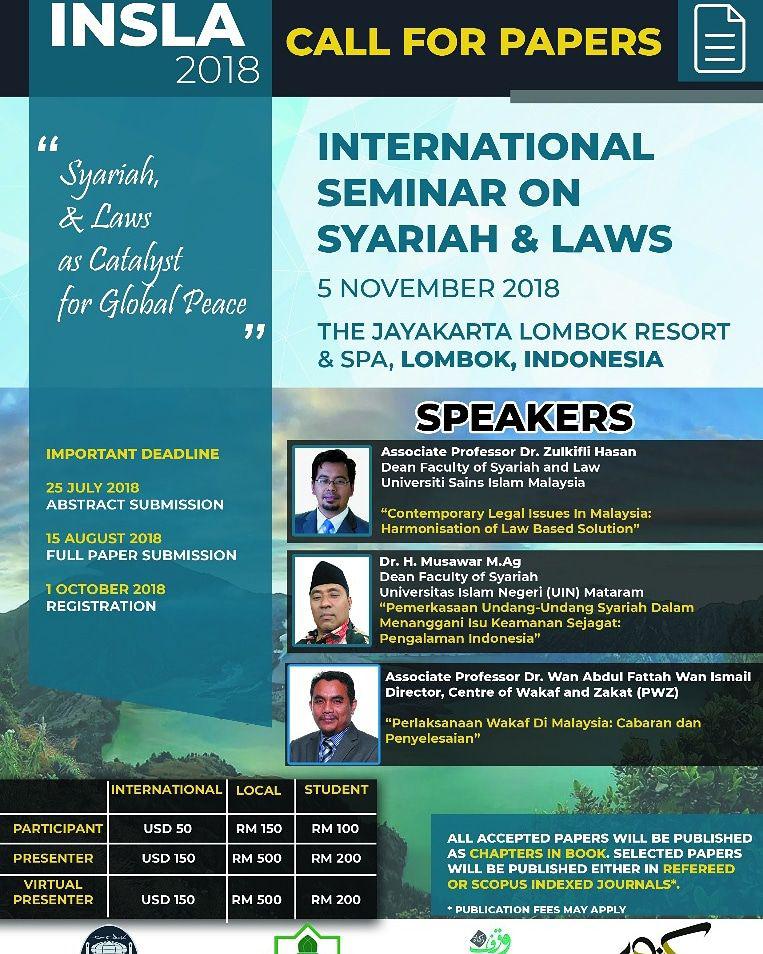صحة النكاح بالتقنيات المعاصرة عبر تيليكو فرانس في جائحة كوفيد-١٩
The Validity of Marriage Using Teleconferencing Technology During The COVID-19 Pandemic
Keywords:
Validity, Media, Video Call, Teleconferencing, Islamic MarriageAbstract
The COVID-19 pandemic has spread across the world. The pandemic causes humans to reduce their direct interaction. People during this pandemic use the internet connected to contemporary electronic devices to fulfill their basic needs with greater intensity. This technology serves to solve problems of time, distance, and geographic boundaries. This technology also contributes to the development of interaction mechanisms or models that previously could only be done by meeting two people directly to carry out aqad. One of them is a marriage contract using teleconferencing or video calls made by some people during the COVID-19 pandemic. This paper aims to determine the validity of the marriage contract which is carried out using teleconferencing technology. The method used is literature study by linking this issue with the facts that occur and how technology is applied in the context of this discussion. The effort in this study was carried out to make conclusions based on deepening the facts of the technology used by linking the opinions of the scholars regarding this issue. Basically the marriage contract occurs according to our understanding so far, namely the presence of both parties who carry out the contract, or who represent both or one of the two. Then the consent and qabul were carried out by the presence of two witnesses and being able to identify with certainty the two parties who made the contract in one council. Whereas if the contract occurs through teleconference which does not collect the contract actors and witnesses, then basically the contract is prohibited which results in the invalidity of the marriage contract that occurs. This is because this case is built on the basis of dhan (mere allegation) and is not a sure thing, because a process like this can be entered into by falsification and fraud through applications that can change sounds and images, as well as sometimes it is sometimes difficult to detect the perpetrators of the contract. Whereas if one of the actors of the contract is in a special situation that prevents him/her from attending, whereas previously there has been an agreement between the two parties where the guardian and the witness have seen the details of the groom and at the time of the teleconference, they can identify him/her with certainty without any doubt, then in this situation marriage by means of teleconferencing is permitted and legally valid. Teleconferencing is a tool. The Ushul rule states that the law of the tool or facility follows the basic law. If the facility fulfills the pillars and conditions, then the marriage contract is valid, otherwise the marriage is invalid.







